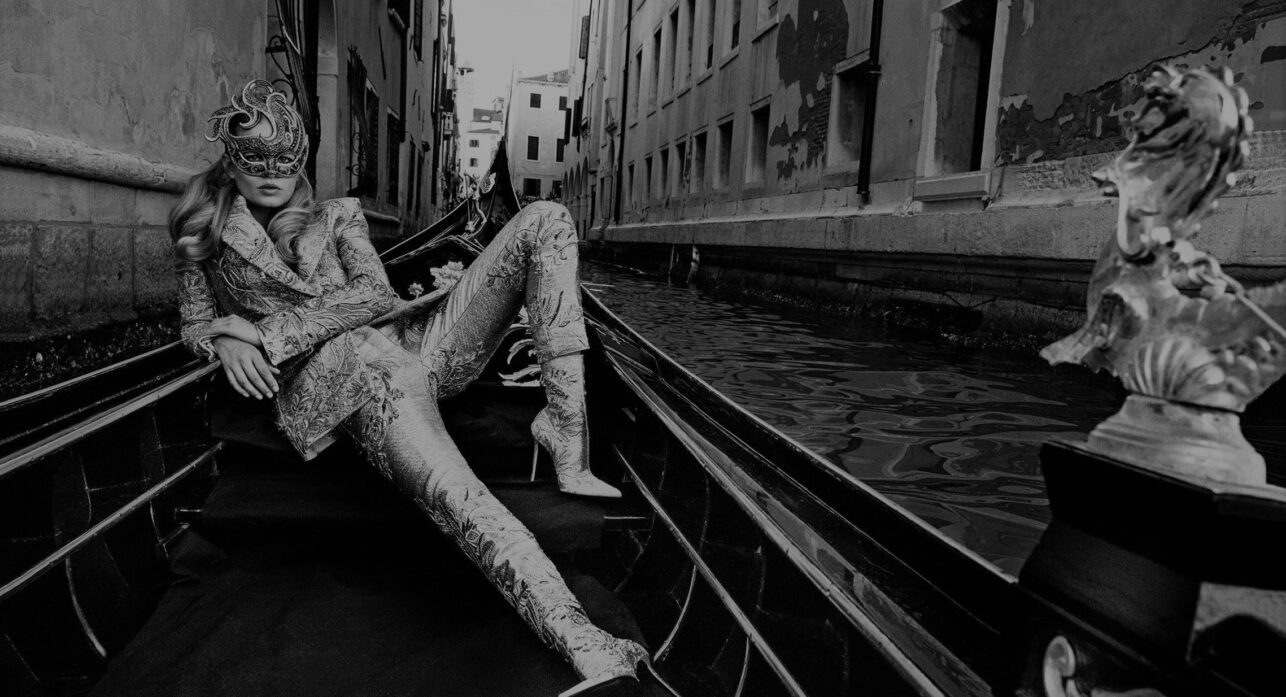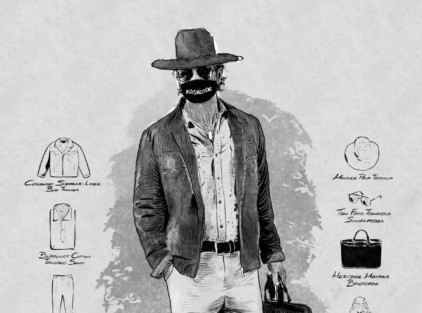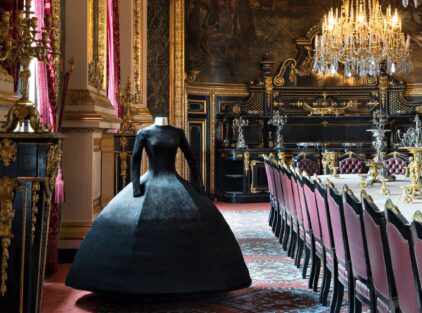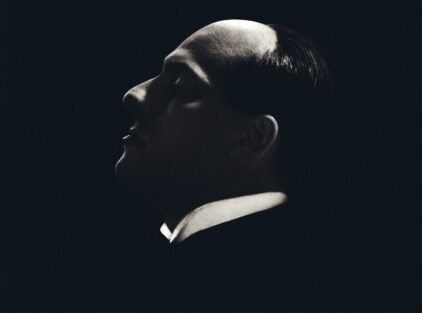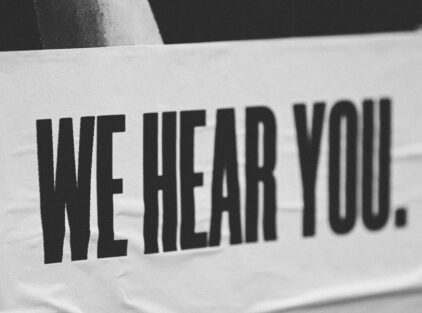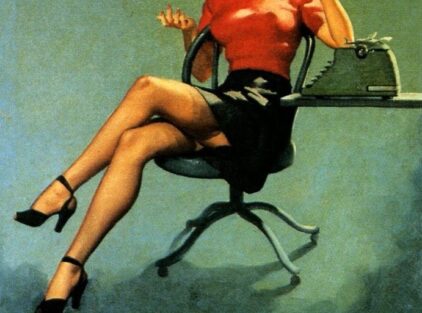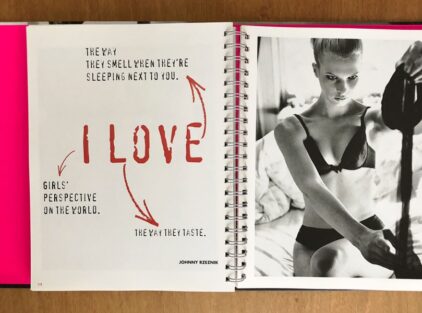by Maria Mylonas
Carnival, the Latin word for the Greek Apokria, the custom of disguise. Apokrias is the name given to the three-week period before Holy Monday, which is the beginning of Great Lent, and is identical to the period of the Triduum, a movable period in the Orthodox Christian tradition. The second (of the three) weeks is called the Creation Week because they eat meat, hence the celebration of Ash Wednesday. A day where local customs are a special case. For example, in Plaka, people in disguise used to go around dancing and teasing passers-by. Much to my disappointment, this year there was no one walking around the narrow streets of the beautiful centre of Athens. There was no Halloween decoration in the shops. A custom, like many others, that may be on the wane.
Have you ever wondered the origins of the mask? Masks have roots from the Neolithic era, made of stone to evoke the spirit of dead ancestors. Something equally similar is celebrated on All Hallows Eve, October 31, Halloween. A well-known Anglo-Saxon holiday, which has expanded to America and in recent years to many additional countries. It is a day dedicated to the saints as well as to the commemoration of the dead ancestors of humans. There was a belief that ghosts walked around in early winter, so they wore masks so that their dead relatives and enemies would not recognize them.
Outside of religious rituals, masks used to be worn by hunters for camouflage to protect themselves while helping their psychology to think like their prey. Helmets and masks have been used in wars from ancient times to the present day. Their primary role was to frighten the enemy and secondary to protect the head. Nowadays, a similar role is played by gas masks, which protect but also create fear. In sports such as hockey, fencing and skiing, the mask is protection. However, some designs are intended to cause fear in the opponent.
So coming to the custom of masquerading on Halloween, it has been proven to be good for us because we surrender our fears, especially the fear of death. When something bothers us, we can control it or handle it differently if we encounter it in an imaginary context. In an experiential representation. It’s a way to develop our emotional dexterity as horror turns into play and laughter. Also a small dose of safe stress is liked by many because it increases cortisol levels.
If we acknowledged our mortality we would become more grateful with our life, with life. Even through a game we can achieve this as long as we have imagination. Ball masquerade is a way to perceive our reality in a different way.
Maria Mylonas is a Psychologist and an exp. Maria Mila Mila is a Psychologist and a Certified Compositional Psychotherapist. She is trained in Positive Psychology by Stanford University. She holds an MSc in Health Psychology from the University of Surrey and a BSc in Evolutionary Psychology from Empire College, State University of New York. She is also certified in the application of Psychometric Testing by the University of Cambridge. E-mail: contact@mariamylona.gr
Photo Credit : Anna Ewers By Inez & Vinoodh
